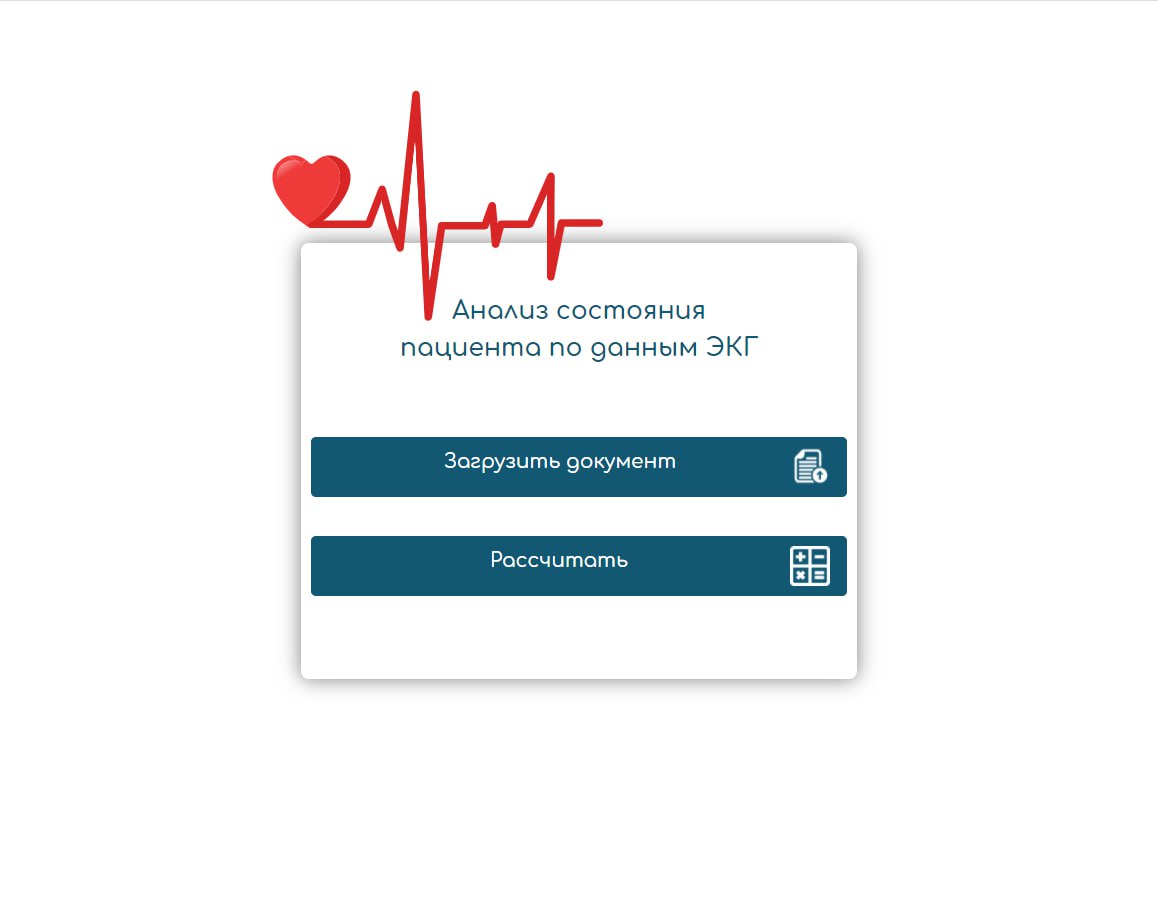St. Petersburg Federal Research Center of the Russian Academy of Sciences (SPC RAS) researchers have developed software for physicians, that based on electrocardiogram (ECG) data determines the probability of a fatality for patients with cardiovascular diseases. In the future, the development will allow medical doctors for prognosticating what sufferers of the heart primarily need special attention and enhanced therapy.
Cardiovascular diseases (CVD) is a common name for pathologies of the heart and blood vessels, like, coronary heart disease, diseases of cerebral vessels, rheumatic heart disease. They are stipulated by damage to the main arteries, and are the main cause of human death all over the world. Therefore, research teams from different countries are developing tools for accurate diagnosis and prognostication of CVD.
"Our research team has developed a model that, based on data from several patient ECGs, is able to estimate the patients’ mortality, the determination accuracy comprises 69%. This result shows that ECG can indeed be used to assess a patient's condition in a task alike. The prospective is to use the RR and QT intervals (heartbeat intervals on a cardiogram) for a subtler assessment of the patients’ condition and predict the ones whose health may deteriorate significantly in the future," says Maxim Abramov, Head of the Laboratory of Theoretical and Interdisciplinary Problems of Computer Science.
This research is performed jointly with the Federal State Institution All-Russian Center for Emergency and Radiation Medicine of the Ministry of Emergency Situations of Russia. Physicians got interested in the condition of patients whose main diagnosis at entering the center was cardiovascular diseases. During the treatment, medical doctors noticed that at some point the condition of certain patients deteriorated sharply. Then, after therapy, some of the patients were actively recovering, and the other patients were dying. The staff of the center addressed the scientists of SPCC RAS with a request to develop a mathematical model that could explain this correlation: what actual mortality of patients with cardiovascular diseases depends on.
SPC RAS scientists decided to start with an analysis of the most important, according to physicians, diagnostic indicator — an electrocardiogram. For the purpose, the researchers were provided with a database of anonymized information on ECG indicators for 158 patients with cardiovascular diseases.
"Such a data set was sufficient for the hypotheses formulation and testing. We implemented mathematical methods, looked for the statistical significance of various patients’ indicators. In these tasks, the biggest challenge was to collect good quality data in order to draw the right conclusions. Work on clarifying the data is still going on," Maxim Abramov explained.
Currently the research scientists keep working on improving the accuracy of their prognostic model and testing it over a bigger set of data. So, they plan to attract a much bigger set of ECG data, and a number of other indicators: weight, age, gender, test results, etc. The researchers hope that the results will significantly reduce the mortality number of patients with cardiovascular diseases. Besides, similar models can be developed to diagnose other serious diseases.
